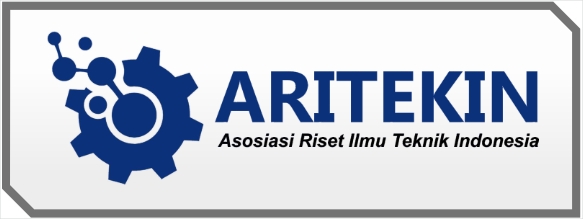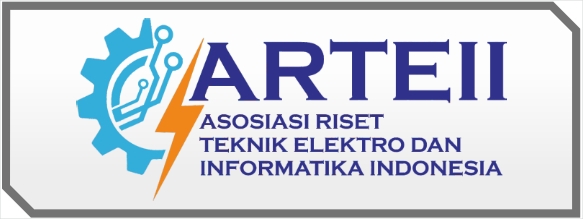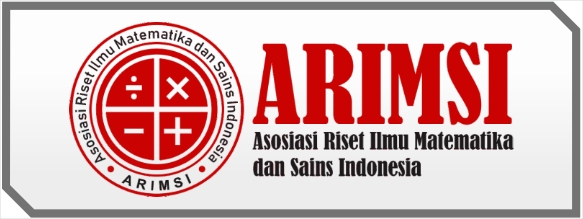Alternatif Tanpa Riba, Solusi Keuangan Syariah di Era Kontemporer
DOI:
https://doi.org/10.59581/jmk-widyakarya.v3i1.4420Keywords:
Islamic finance, usury, financial welfare, financial inclusion, financial technology, regulationAbstract
This article discusses alternative Islamic finance as a solution without usury in the contemporary era. The background to this research focuses on the negative impact of usury practices in the conventional financial system and increasing public awareness of the importance of ethical transactions. The aim of this research is to analyze the influence of sharia financial products on people's financial welfare and to evaluate the level of understanding and adoption of sharia financial products in society. This research uses quantitative methods with descriptive and inferential statistical approaches, which include surveys of various community groups who use sharia financial products. The research results show that Islamic financial products such as murabahah, musyarakah, and mudarabah not only encourage more ethical investments, but also increase local economic growth and support sustainable development. However, the main challenge faced is the public's low understanding of sharia principles, which hinders optimizing the potential of this sector. Financial technology (fintech) and collaboration between sharia financial institutions and the government are identified as important factors in expanding access and increasing financial inclusion. In conclusion, despite challenges such as a lack of understanding and the need for better regulation, Islamic finance has great potential to become a key pillar in a fairer and more sustainable global financial system. This research provides recommendations that more efforts should be made to improve education, transparency and collaboration to strengthen the Islamic finance sector in the future.
References
Al Arif, M. N. R. (2010). Terhadap program pengentasan kemiskinan. Ekbisi Fakultas Syariah UIN Sunan Kalijaga Yogyakarta, 5(1), 1–14.
Anon. (n.d.). Ісламське Бачення Розвитку у Контексті Макасід Аш-Шарія.
Arifudin, A., Zahra, A. C., Oktaviona, D. A., Rachmawati, D., & Pinasti, M. (2024). Analisis mekanisme pasar dalam Islam, sistem ekonomi, dan etika pengawasan pasar serta pasar dalam perspektif sejarah Islam. Jurnal Nuansa: Publikasi Ilmu Manajemen Dan Ekonomi Syariah, 2(2), 130–143. https://doi.org/10.61132/nuansa.v2i2.900
Asian Journal. (2021). A systematic literature review on the effects of risk management practices on the performance of Islamic banking institutions. Asian Journal of Accounting and Governance, 16, 53–75. https://doi.org/10.17576/ajag-2021-16-05
Fadhly, M., Alif, M., Aziz, A., & Sagara, B. W. (2024). Implementasi media pembelajaran sederhana berbasis digital pada mata pelajaran Bahasa Arab. 1(3).
Fahlefi, R. (2021). Inklusi keuangan syariah melalui inovasi fintech di sektor filantropi. Batusangkar International Conference III, 205–212.
Fakkri, M. (2024). Kredit card dalam pandangan Islam. 3, 1–12.
Mubayin, M. M. A. (2022). Pengaruh literasi keuangan dan risiko investasi terhadap minat investasi mahasiswa. 19.
Mukhtar, S. (n.d.). Misconceptions over gender inequalities in Islamic law and Pakistan: A comparative analysis. 3(2), 1–13.
Musfirah, A. F., Nurlaila, N., & Nasution, Y. S. J. (2024). Akuntabilitas dan transparansi dana BOS: Transformasi melalui penerapan sistem informasi akuntansi UPT SLB-E Negeri Pembina Tingkat Provinsi. Jesya, 7(2), 1848–1863. https://doi.org/10.36778/jesya.v7i2.1717
Nethania, C., & Nisa, F. L. (2024). HARE: Sharia economic review. 1(1), 12–19.
Nyak Mustakim. (2022). Islamisasi ilmu pengetahuan perspektif pemikiran Ismail Raji Al-Faruqi. JURNAL AZKIA: Jurnal Aktualisasi Pendidikan Islam, 16(1), 344–355. https://doi.org/10.58645/jurnalazkia.v16i1.33
Rodríguez, V., Velastequí, M., & Maldonado. (2019). No 主観的健康感を中心とした在宅高齢者における健康関連指標に関する共分散構造分析Title. 1–23.
Safitri, P. D., & Susilo, E. (2024). Analisis pengaruh inklusifitas keuangan syariah, pendidikan dan ketimpangan terhadap tingkat kemiskinan di Indonesia tahun (2019–2023). Jurnal Ilmiah Manajemen, Ekonomi, & Akuntansi (MEA), 8(2), 265–288. https://doi.org/10.31955/mea.v8i2.4028
SHELEMO, A. A. (2023). No title. Nucl. Phys., 13(1), 104–116.
Siregar, T. P. (2024). Implementasi Analytical Networking Process (ANP) zakat dan keuangan syariah terhadap pertumbuhan ekonomi nasional. Jesa, 01(01), 42–51.
Syukri, A. R., Wismanto, K. A., & Qanita, R. (2023). Manajemen kepala Madrasah Ibtidaiyah dalam menumbuhkan pendidikan karakter religius pada era digital. Jurnal on Education, 6(1), 13. https://doi.org/10.29210/146300
Yusmelia, A., Suryadi, N., & Nasrah, H. (2024). Kepercayaan dan kemudahan terhadap minat. 7(November).
Zaky Raihan, D. P. H., Kartika, W. Y., Lidyazanti, & Wismanto. (2024). Dampak media sosial terhadap akhlak di era globalisasi. (2), 301–315.
Downloads
Published
How to Cite
Issue
Section
License
Copyright (c) 2024 Jurnal Mahasiswa Kreatif

This work is licensed under a Creative Commons Attribution-ShareAlike 4.0 International License.

















